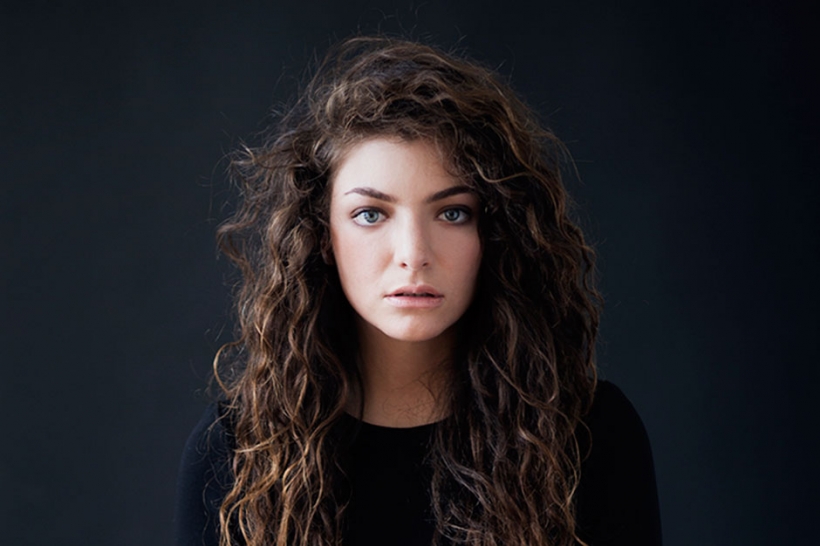A telling bumper occasionally pops up on our No. 1 radio home for hip-hop and R&B here in Baltimore. It identifies the station and then proudly announces that the playlist features “all shades of R&B.” Usually, that’s followed by Justin Timberlake’s Mike Jack pastiche “Take Back the Night,” or Robin Thicke’s Pharrell and T.I.-assisted Marvin Gaye and/or Funkadelic mash-up “Blurred Lines.” The inclusion of these crooning white boys on the station isn’t new, but the decision for black radio, yes black radio, to advertise that it isn’t segregated gives off some Twilight Zone vibes, you know? This is “urban” radio in a supposed post-racial America – where black-music outlets, the only interesting or at all rarefied stations left in this hyper-homogenous and bottom-line-desperate music industry, go out of their way to remind you that, “Hey, we’d never deny those poor, unfortunate, white R&B-ers the same opportunities as black artists.”
The start of last month marked the tenth anniversary of the last time the top 10 of the Billboard Hot 100 consisted entirely of black artists. That October 11, 2003 chart included Beyonce, Nelly, Lil Jon, Chingy, Pharrell, Young Bloodz, 50 Cent, Fabolous, Ludacris, and the Black Eyed Peas. In 2013, that same week’s chart looked like this: Lorde, Katy Perry, Miley Cyrus, Avicii, Jay Z, Robin Thicke, Ylvis, Lady Gaga, and Lana Del Ray. In-the-pocket, young-gun rappers or R&B-ers like Rich Homie Quan or August Alsina (the 2013 equivalent of a Youngbloodz), or hell, even Kendrick Lamar, a rap superstar but far from a pop superstar, are now restricted to urban radio formats. Quite simply, pop skews much whiter in 2013 than it did in 2003. In part, this is because pop is more fusion-friendly than ever, and the result of that, again and again, is that rap spices up white pop, full stop. At the very moment when rap has been fully absorbed by the mainstream, the mainstream is doing away with the people who brought rap into the mix.
The most recent, loaded example of rap and R&B stations conceding to the music industry’s whitewashing is their embrace of Lorde’s “Royals.” The New Zealand teen’s massive hit has some of the electro-buzzing murk of Drake or the Weeknd and drifts at the same BPM as plenty of syrup-afflicted radio R&B, so it isn’t an out-of-nowhere inclusion. And “Royals” was first introduced to urban radio thanks to a Weeknd remix, and then by way of a Rick Ross verse added to the song. Unfortunately, urban radio embraced “Royals” despite the fact that Lorde’s critique of born-with-this wealth quickly devolved into a crude and offensive stereotyping of hip-hop culture, as she came out against decade-old, rap-video signifiers like “gold teeth,” “Cristal,” and “Maybachs.” In a sense, Lorde is singing about a trend – bling-friendly hip-pop – that doesn’t penetrate the mainstream all that much anymore, but was at the center of pop radio a decade ago. There’s a rubbing-your-face-in-it quality to the song, and along with Macklemore’s “Thrift Shop,” it marks the second time this year that a white pop song has appeared on hip-hop radio while framing its anti-materialism message around a critique of hip-hop signifiers. At best, these songs are clueless, and with a little benefit of the doubt they are um, accidentally racist. Coupled with the whitening of the pop landscape, and the twisted “Why ain’t there no White History Month”-style logic that black radio stations seem to be employing, Macklemore and Lorde have managed to invade rap and R&B playlists while simultaneously lecturing black artists.
In a more balanced climate, the appearance of “Royals” on rap and R&B radio might be a fun little anomaly. Its placement makes some sense, not unlike the rhythmic rock that has earned club play over the years (see SPIN’s ‘Inorganic at the Disco’ list), or the more-rare-but-not-unprecedented example of Jay Z’s “99 Problems” which entered alt-rock radio playlists because it had rock’n’roll drums and guitars. “Royals” is an okay piece of arena-oriented indie pop, interesting and, woah, a little weird if your listening habits are entry-level (file it next to Foster the People or Gotye or Lana Del Rey). Since it’s a little more patient and woozy than the sugar-rush EDM kicking your eardrums around during the rest of the radio hour, it can pass as R&B. However, those “Royals” remixes with the Weeknd and Ross, roundly forgotten once they justified the song’s urban-radio existence, speak to the way that rapping and R&B-inflected crooning have become nothing more than disposable accoutrements in 2013…even on rap and R&B radio. I guess it was just time that we gave all those disadvantaged white artists a fair shot, though, right?





